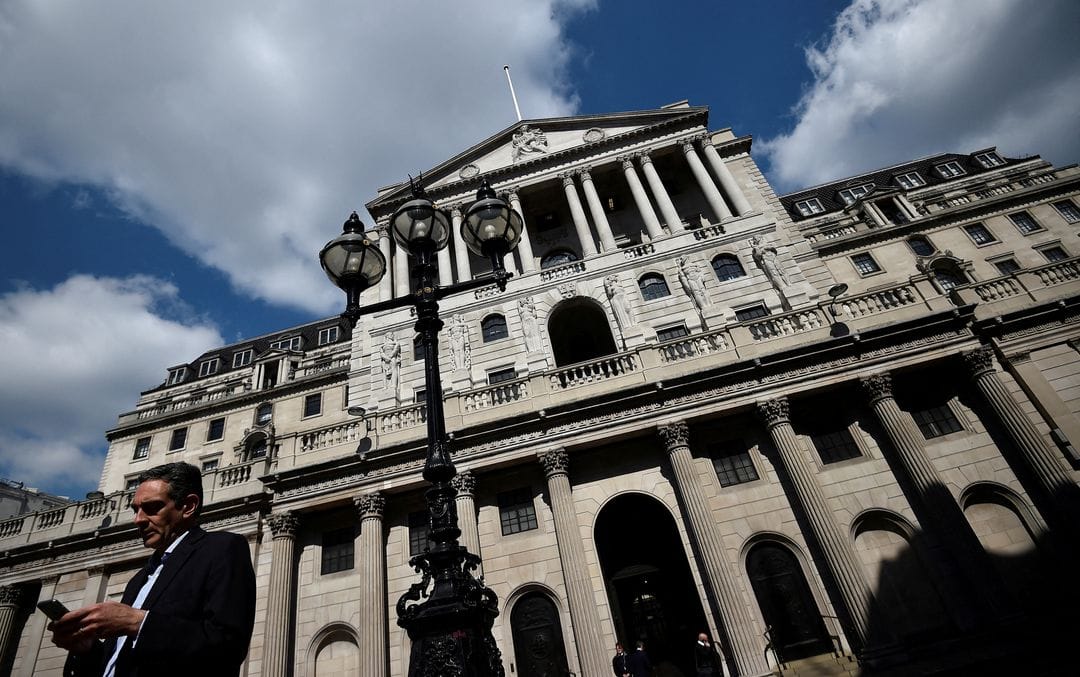
The Bank of England said on Friday that it was satisfied that lenders had taken steps to ensure they were no longer ‘too big to fail’ in the event of a future crisis, despite finding flaws at three major banks.
The Bank of England wants to prevent banks from requiring taxpayers to bail them out, as happened during the global financial crisis of 2007-09.
The central bank stated that it was generally satisfied that banks could be wound down safely while vital services remained operational, with shareholders and investors bearing the costs rather than taxpayers.
The Bank of England said in its first public assessment of how failing lenders could be demolished in a crisis that it had identified ‘areas of further enhancement’ for six firms.
Lloyds, Standard Chartered, and HSBC were the three banks found to have flaws.
All three were found to have failed to conduct an adequate analysis of their liquidity requirements in the event of a wind down.
HSBC and Standard Chartered were also found to have failed to produce up-to-date restructuring plans for the global banks.

Post Your Comments